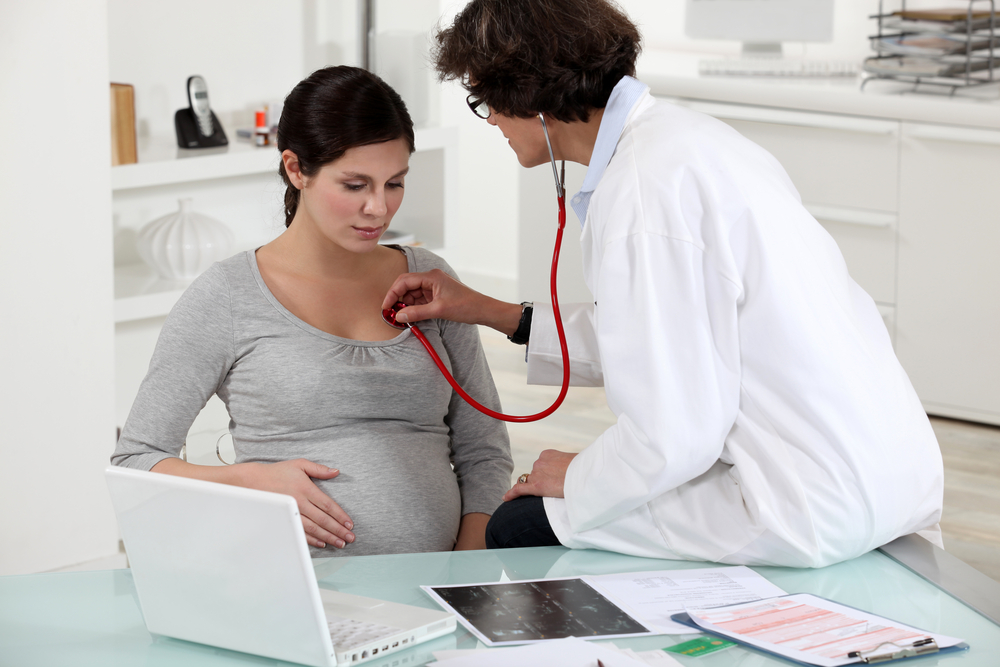Flu Shot has Unexpected Benefits During Pregnancy

Nobody wants to get the flu, but some people, especially pregnant women, are very concerned about what they put in their bodies. A new study shows that the H1N1 flu vaccine has no additional complications for pregnant women, but also shows that getting a flu shot during pregnancy actually benefits the baby.
Specifically, the study showed that H1N1 vaccination during the pandemic was associated with a significantly reduced risk of stillbirth, preterm birth and extremely small babies at birth.
"These are all significant results, but especially interesting is the finding that the vaccinated mothers were one-third less likely to have a stillborn child," study researcher Deshayne Fell, a graduate student at McGill University who works with the birth record database. "This is one of the only studies large enough to evaluate the association between maternal flu vaccination and stillbirth — a very rare event."
Researchers used data from Ontario's birth record database, to examine 55,570 single-child births that took place in Ontario during the H1N1 pandemic. The study compared pregnant women who were not immunized against H1N1 to those who were.
Of all the single-child births recorded from November 2009 to April 2010, 42 percent of the women received the H1N1 vaccination, which makes the findings robust. At birth, mothers were asked about their H1N1 vaccination history along with questions that allowed the research team to correct for smoking, education and income; however, as with any population-based study, it may not be possible to account for all influencing factors.
They found that mothers who received the H1N1 vaccination had multiple health benefits. They were 34 percent less likely to have a stillbirth, 28 percent less likely to deliver before 32 weeks, and were 19 percent less likely to give birth to a child with a birth weight for gestational age in the bottom third percentile.
"What surprised me and the research team was the strength of the protective benefits we found," study researcher Ann Sprague, of the Ottawa Hospital Research Institute.
Get the world’s most fascinating discoveries delivered straight to your inbox.
Along with the benefits, the study also found no increase in adverse outcomes for H1N1-vaccinated mothers and their babies during the weeks before and just after birth, also referred to as the perinatal period.
"The findings of this study are very helpful," study researcher Mark Walker, of the University of Ottawa. "Pregnant women are generally very, very careful about what they put into their bodies. For health-care providers like me, such a large-scale study that shows no adverse perinatal outcomes resulting from the H1N1 flu vaccine will be extremely helpful when discussing maternal vaccination."
 Live Science Plus
Live Science Plus






